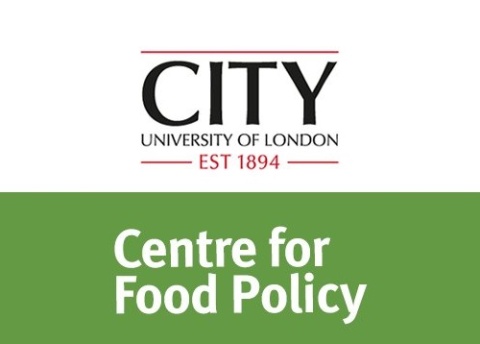
Organiser's description (via Centre for Food Policy):
Speaker: Danielle Resnick, International Food Policy Research Institute (IFPRI)
While the current structure of the global food system increasingly is recognized as unsustainable from a dietary and planetary health perspective, the policy pathways for achieving a transformed food system are highly contested. Furthermore, a broad range of polarizing factors affect decisions over the food system at domestic and international levels—from debates over values and (mis) information to concerns over food self-sufficiency, corporate influence, and human rights. This webinar focuses specifically on these issues by presenting insights from a newly released IFPRI-Oxford University Press book on The Political Economy of Food System Transformation: Pathways to Progress in a Polarized World. The webinar will examine why food system reforms are so challenging and discuss political economy enablers of, and barriers to, reform across a range of issue areas, such as repurposing agricultural subsidies, reducing red meat and ultra-processed food consumption, increasing uptake of appropriate biotechnologies, and adopting sugar-sweetened beverage taxes.
The talk will be followed by an online Q&A session.
Dr. Danielle Resnick currently is a Senior Research Fellow in the Development Strategies and Governance Unit at the International Food Policy Research Institute (IFPRI) and a Non-Resident Fellow at the Brookings Institution in the Global Economy and Development Program. Her main research areas include the political economy of agricultural and nutrition policy, food systems, decentralization, urban governance, and informal traders, with regional expertise in sub-Saharan Africa. Along with many peer-reviewed journal articles, she has authored or co-edited several books, including The Political Economy of Food System Transformation: Pathways to Progress in a Polarized World (with Johan Swinnen, OUP/IFPRI, 2023), Ghana’s Economic and Agricultural Transformation: Past Performance and Future Prospects (with Xinshen Diao, Peter Hazell, and Shashi Kolavalli, OUP/IFPRI, 2019), and Urban Poverty and Party Populism in African Democracies (Cambridge University Press, 2014). She also serves in several advisory roles, including currently on the UN’s High-Level Panel of Experts on Food Security and Nutrition for the 2024 report on Strengthening Urban and Peri-Urban Food Systems, the advisory group for the World Bank’s Poverty and Equity Global Practice, and as part of the governance team for the Food Systems Countdown Initiative. She previously was a member of the Lead Expert Group for the Global Panel on Agriculture and Food Systems for Nutrition (GloPan) for the 2020 report on Future Food Systems.
Attendance at City events is subject to our terms and conditions.






